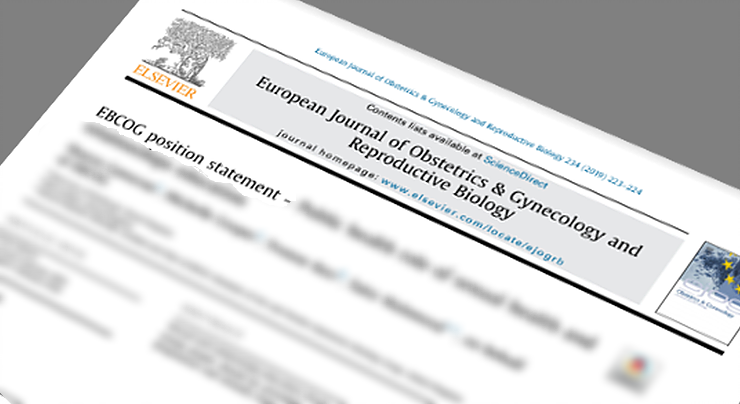Please visit our Publications page to view the paper in full.
It is now well recognized that unacceptable inequalities in maternity care that exist due to a woman’s ethnicity, socio-economic deprivation, age, residential social status within a country can have adverse effects on the outcomes of their pregnancies. Perceived attitudes can lead to dismissal of concerns, breakdown of trust and can affect interactions with maternity services. Women from black and Asian ethnicity are at 2–4 times higher risk of maternal mortality. Similarly women with underlying mental health issues and those with undocumented status are also at higher risk of adverse outcomes during pregnancy and within the first postnatal year. There is need for research, to understand why these different practices exist and how we can more effectively understand and overcome the barriers and factors which can lead to inequality in access to uniform standard of care. Covid-19 pandemic created challenges for the provision of maternity services. Each country responded by their own creative and pragmatic solutions.
It is important that individualized care based on a woman’s individual social and medical needs must remain a priority to improve maternity care. It is proposed that EU funding should be made available to set up large scale European wide research to inform future policies.

